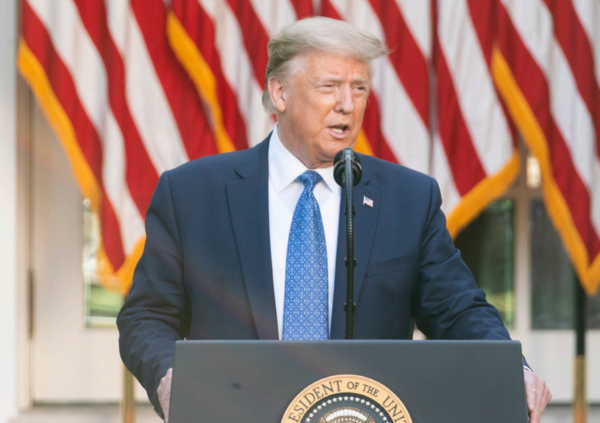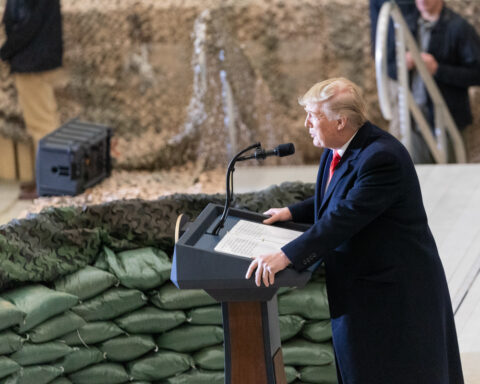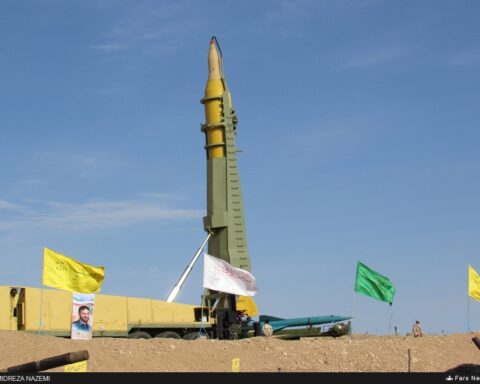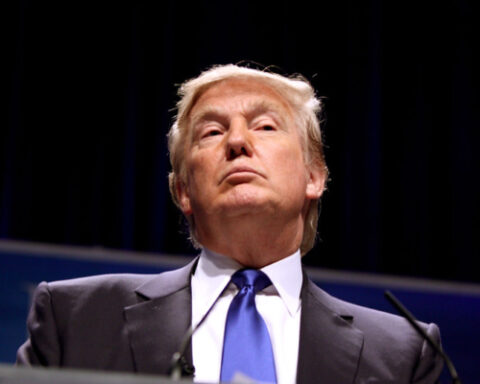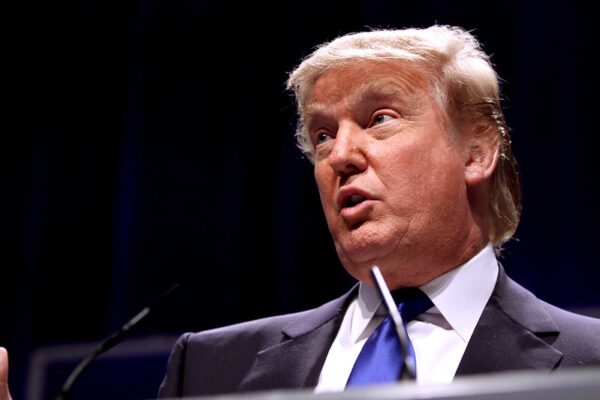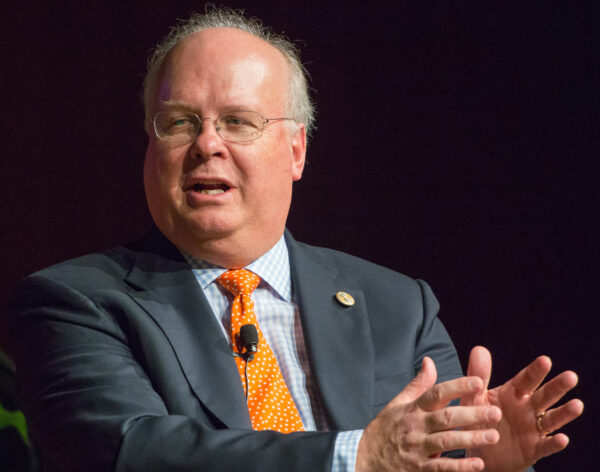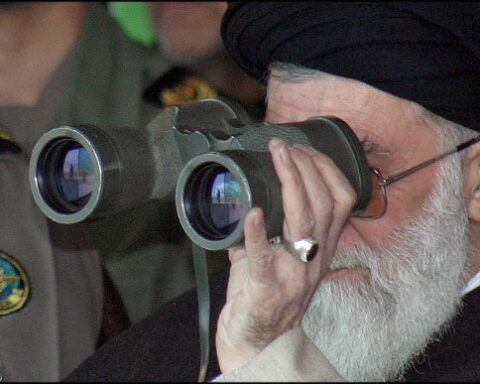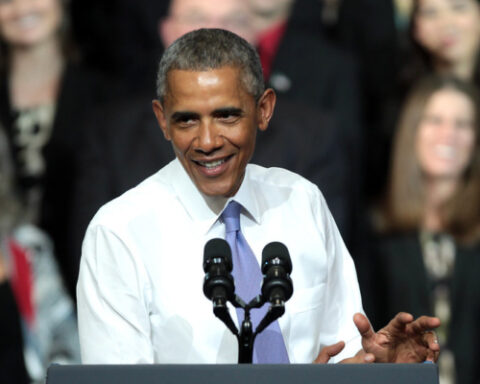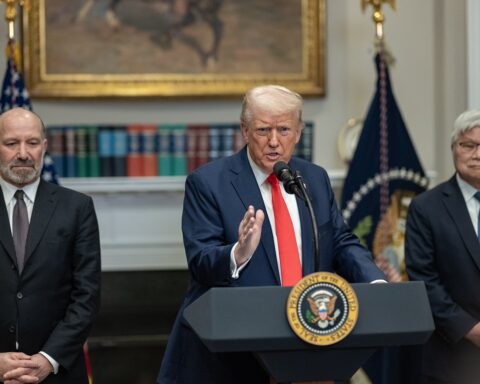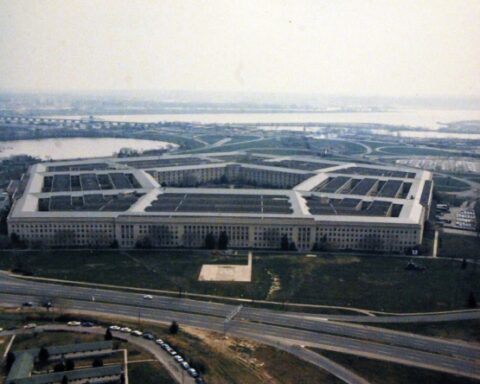President Donald Trump reportedly scored a significant diplomatic win this week after brokering a ceasefire between Thailand and Cambodia, halting a violent border conflict that threatened to spiral into a full-blown regional war.
The agreement followed Trump’s pointed ultimatum to both nations: end the fighting or forfeit future trade deals with the United States.
The ceasefire, which took effect at midnight Monday, came after intense diplomatic pressure from the Trump administration.
Over the weekend, Trump personally spoke to both Thailand’s acting prime minister, Phumtham Wechayachai, and Cambodian Prime Minister Hun Manet.
The message was clear — if violence persisted, there would be no U.S. trade agreements.
“That was going to be a very bad war,” Trump said from Scotland on Monday. “We ended the war — and we’re very happy about it.” He added, “It’s essentially settled. That could’ve gone on for years. Millions of people could’ve been killed.”
The conflict erupted last Thursday near a contested temple along the 508-mile border between the two Southeast Asian nations, triggering airstrikes and rocket fire.
The brief but intense escalation left 36 people dead and forced hundreds of thousands to flee. It was the deadliest flare-up in nearly 15 years, recalling the 2008–2011 clashes that killed 34.
This time, however, the Trump administration acted swiftly and decisively. The ceasefire was finalized during U.S.- and Malaysia-led peace talks in Putrajaya, where leaders from both countries gathered.
Malaysian Prime Minister Anwar Ibrahim announced the result: “an immediate and unconditional ceasefire,” effective at midnight. “This is final,” he declared, emphasizing the role international pressure played in securing the deal.
Trump’s threat to suspend trade negotiations clearly shifted the calculus for Bangkok and Phnom Penh.
The stakes are high: Thailand exported $63.3 billion worth of goods to the United States in 2024, including electronics and nuclear reactor components.
Losing access to the U.S. market would have serious consequences for both economies.
Secretary of State Marco Rubio confirmed that he and the president were closely monitoring developments. “We want this conflict to end as soon as possible,” Rubio said on Sunday, adding that he had personally spoken with Thai and Cambodian leaders.
On Truth Social, Trump underscored the stakes of his approach: “No trade deal if fighting continues.” The message was not lost on either side.
Chinese diplomats, aware of their own stakes in the region — including funding Cambodia’s Ream Naval Base — were also present in Putrajaya.
But it was Washington, not Beijing, that delivered results. While China has long claimed influence in Southeast Asia, the Trump administration demonstrated that American economic power remains the most persuasive tool in global diplomacy.
Cambodian Prime Minister Hun Manet praised the talks, saying, “Today we have a very good meeting and very good results… that hope to stop immediately the fighting.”
Acting Thai Prime Minister Wechayachai, previously skeptical of Cambodia’s intentions, stated the agreement would “be carried out successfully in good faith by both sides.”
For Trump, it’s another example of what he calls “peace through strength” — a strategy that fuses diplomatic leverage with unapologetic economic pressure to get results where others have failed.
[READ MORE: Trump Demands Beyonce, Oprah and Kamala Harris Be Prosecuted]

